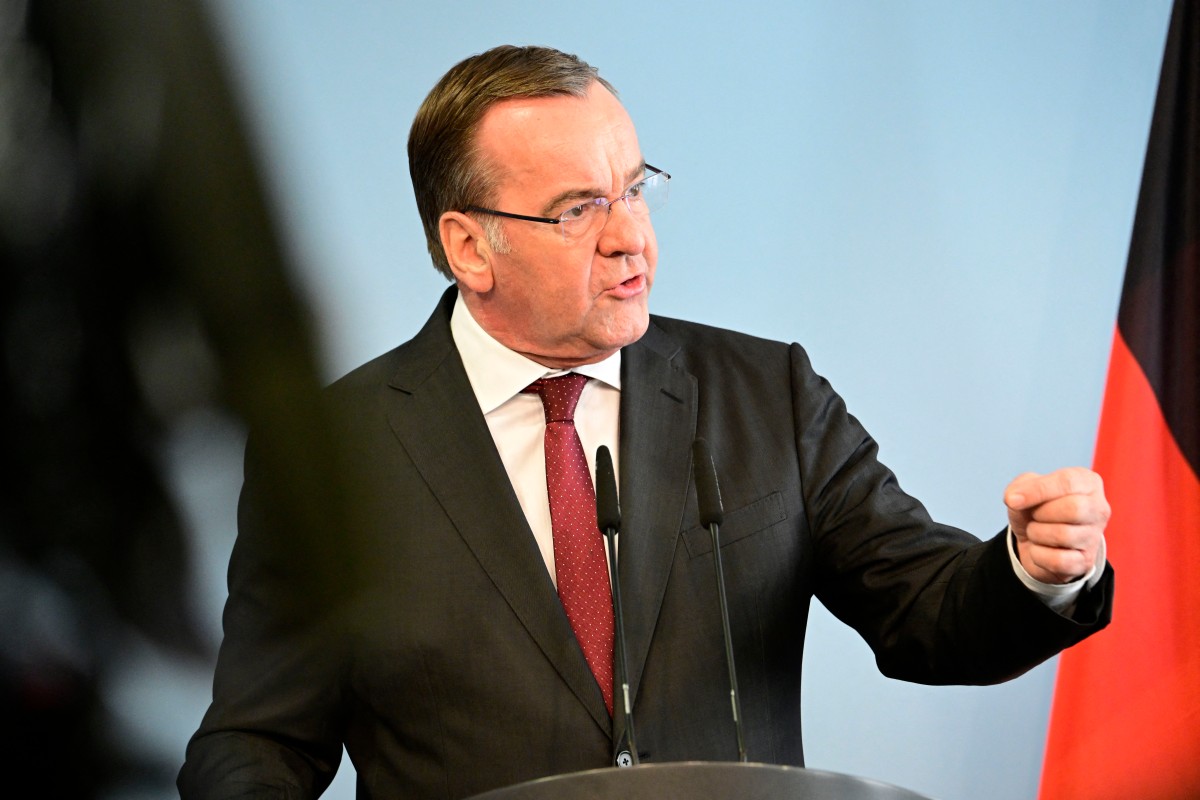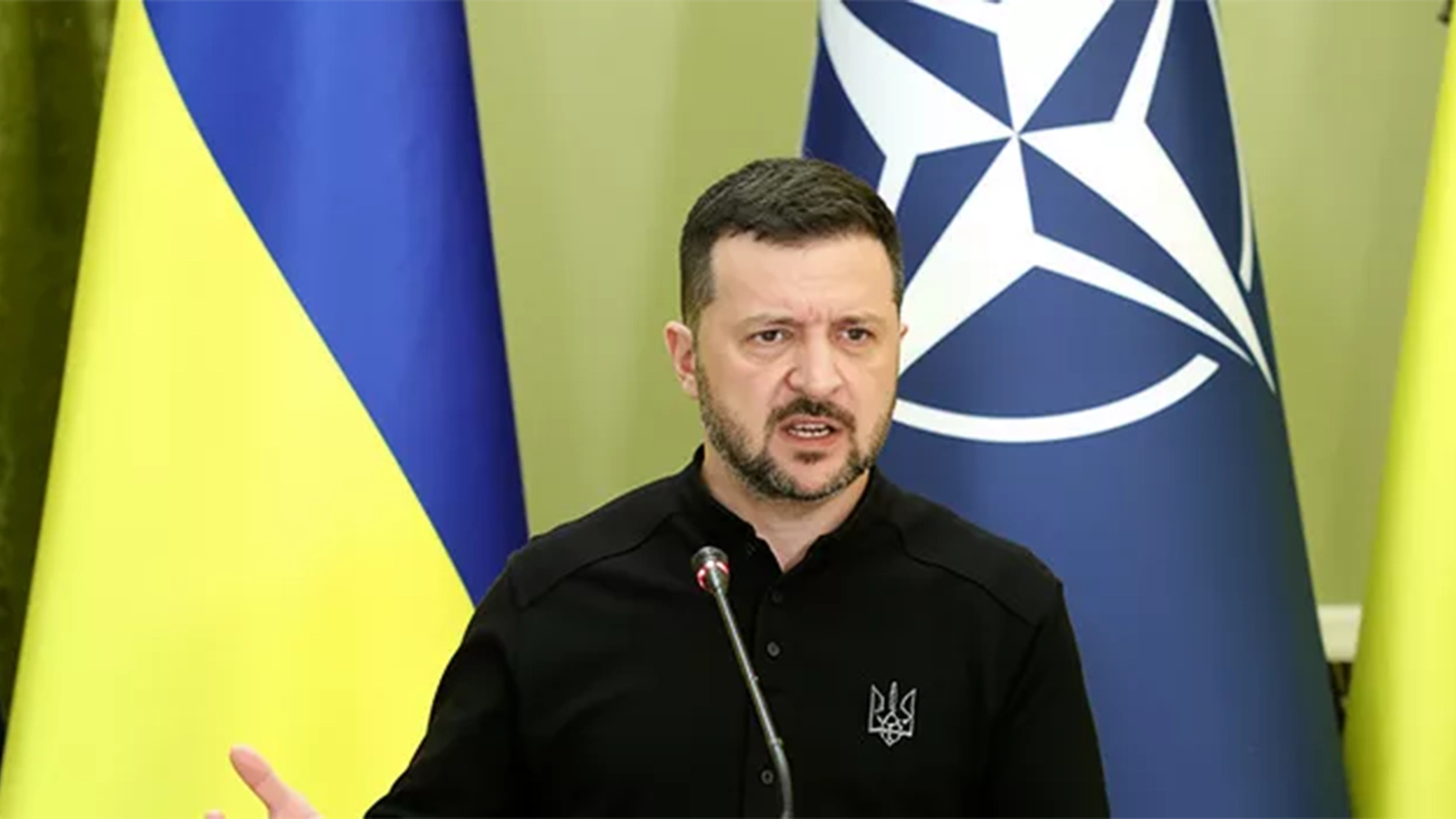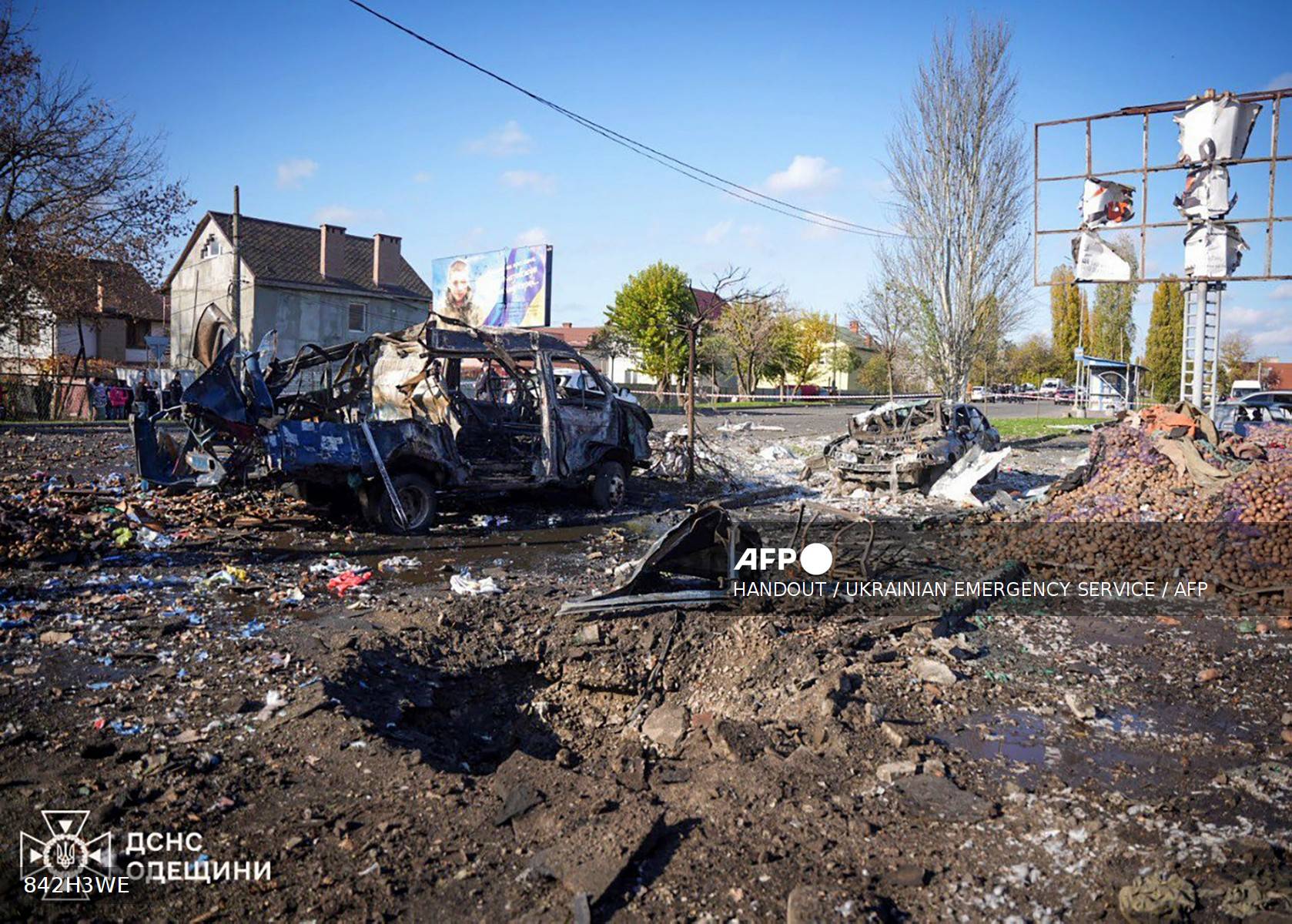
Germany sought Tuesday to downplay an audio leak of senior military personnel discussing the war in Ukraine, blaming “individual error” and stressing that Berlin still had the trust of allies.
A 38-minute recording of the talks, in which the officers debated the possible use of German-made Taurus missiles by Ukraine, was posted Friday on Russian social media.
“A serious mistake happened here that should not have happened,” Defence Minister Boris Pistorius told a press conference.
The initial results of a probe showed the German army’s “communications systems are not and were not compromised”, the minister said.
“The reason the phone call could still be recorded… is due to an individual user error,” he said.
Pistorius said he had telephoned allies over the leak and was reassured that their “trust in Germany is unbroken”.
“Everyone knows about the danger of such wiretapping attacks and knows that no one can offer 100-percent protection.”
Kyiv has been calling on Germany to provide it with Taurus missiles, which can reach targets up to 500 kilometres (300 miles) away.
Chancellor Olaf Scholz has however declined to approve the deliveries, fearing it could draw Germany into the war.
– ‘Unauthorised connection’ –
In the recording, Bundeswehr officers can be heard discussing various details about the possible use of Taurus missiles, including specific quantities.
The participants speculate whether they could be used to hit a key bridge over the Kerch strait linking the Russian mainland to Crimea, annexed by Moscow in 2014.
The conversation also touched on long-range missiles supplied to Ukraine by France and Britain with references to British soldiers on the ground.
The Kremlin said on Monday that the content of the recording proved Western countries were participating in the conflict in Ukraine.
Berlin has accused Russia of seeking to “destabilise” Germany and its allies by leaking the sensitive discussion.
Pistorius said Tuesday that the German military’s use of the popular meeting platform WebEx was legitimate, while “extra security” measures were in place.
One of the participants, who was attending the Singapore Airshow, had however dialled into the meeting via an “unauthorised connection” leading to the intercept, Pistorius said.
With several senior military officials in attendance at the show from different countries, the event would have been a “field day” for Russian intelligence, he said.
The hotels where attendees at the event were staying would have been targeted by “widespread wiretapping efforts”, he added.
– ‘Putin’s game’ –
The successful interception of the German military call was therefore a “random hit in the scope of a broad-based approach”, Pistorius said.
“Our partners know that we will investigate the case thoroughly and with determination,” said Pistorius.
A preliminary disciplinary probe would be opened into the participants attending the meeting but “personal consequences are not on the table,” he said.
“I will not sacrifice my best officers to (Russian President Vladimir) Putin’s game.”
The Kremlin was seeking to “drive a wedge between us”, including different political parties in Germany and those who wanted “more or less support for Ukraine”, Pistorius said.
On Monday, Moscow’s justice ministry put the German Friedrich Ebert Foundation, which has close ties to Scholz’s Social Democrats, on a list of undesirable organisations in Russia.
Three other German organisations were also put on the list.






